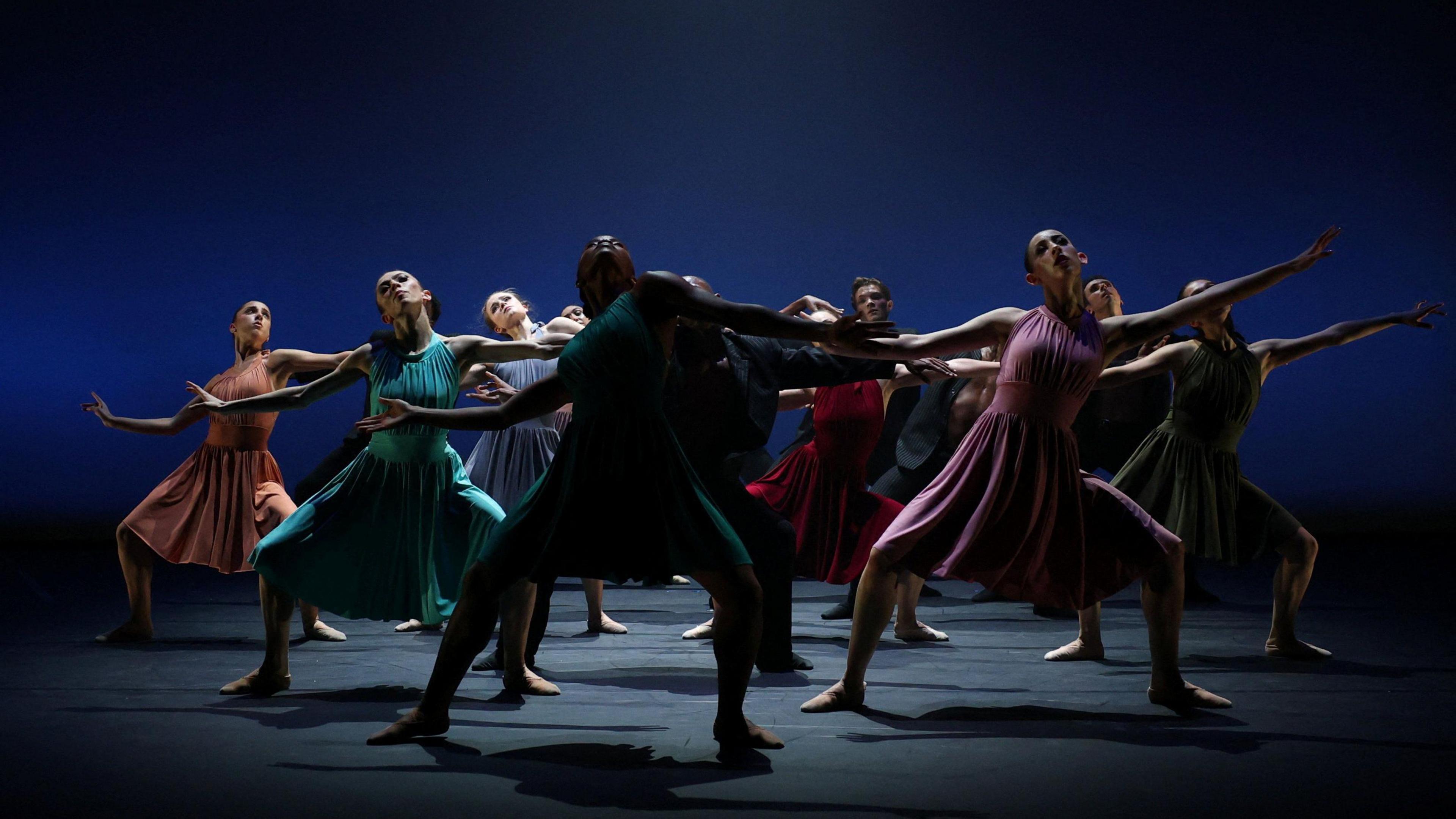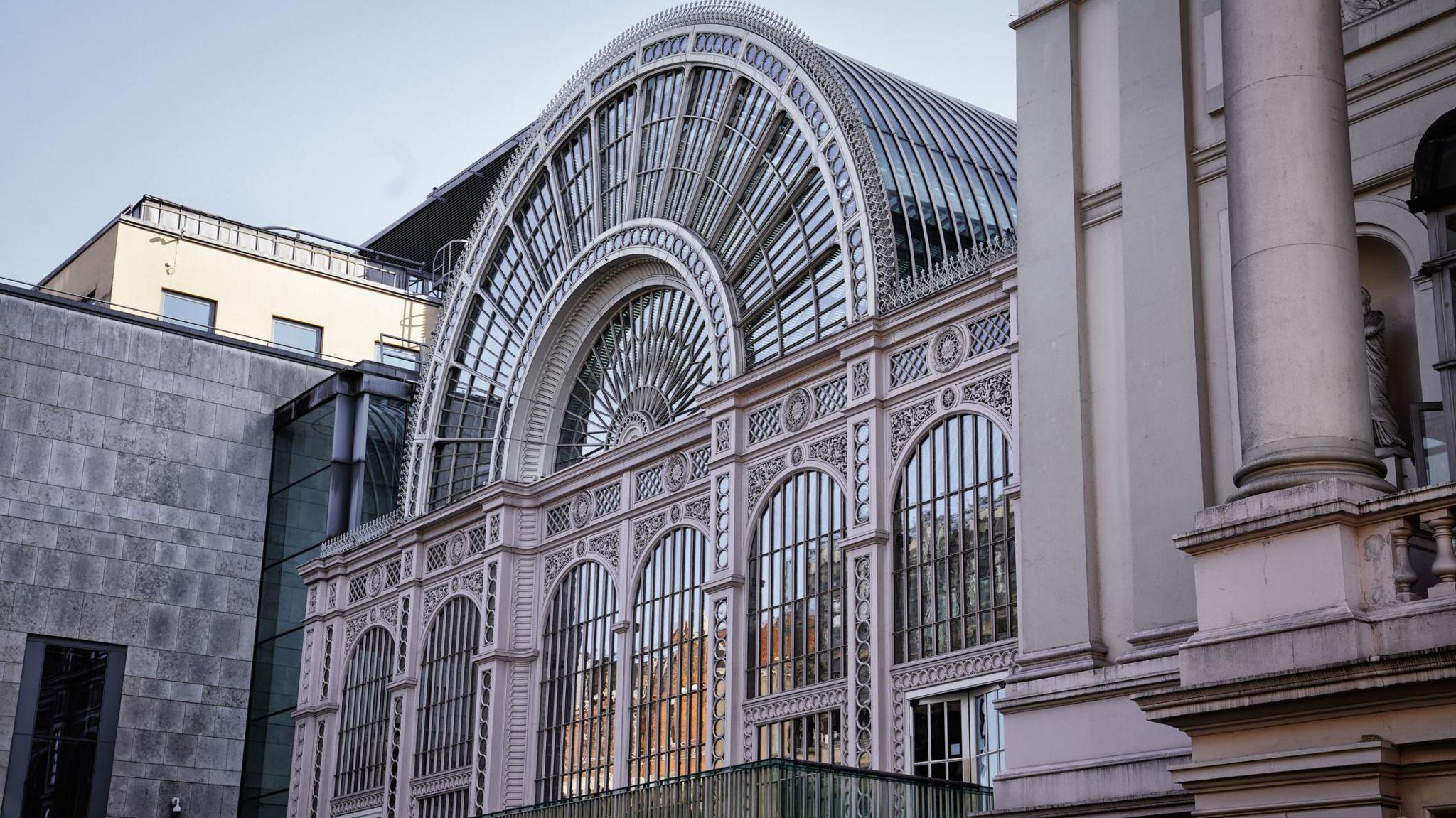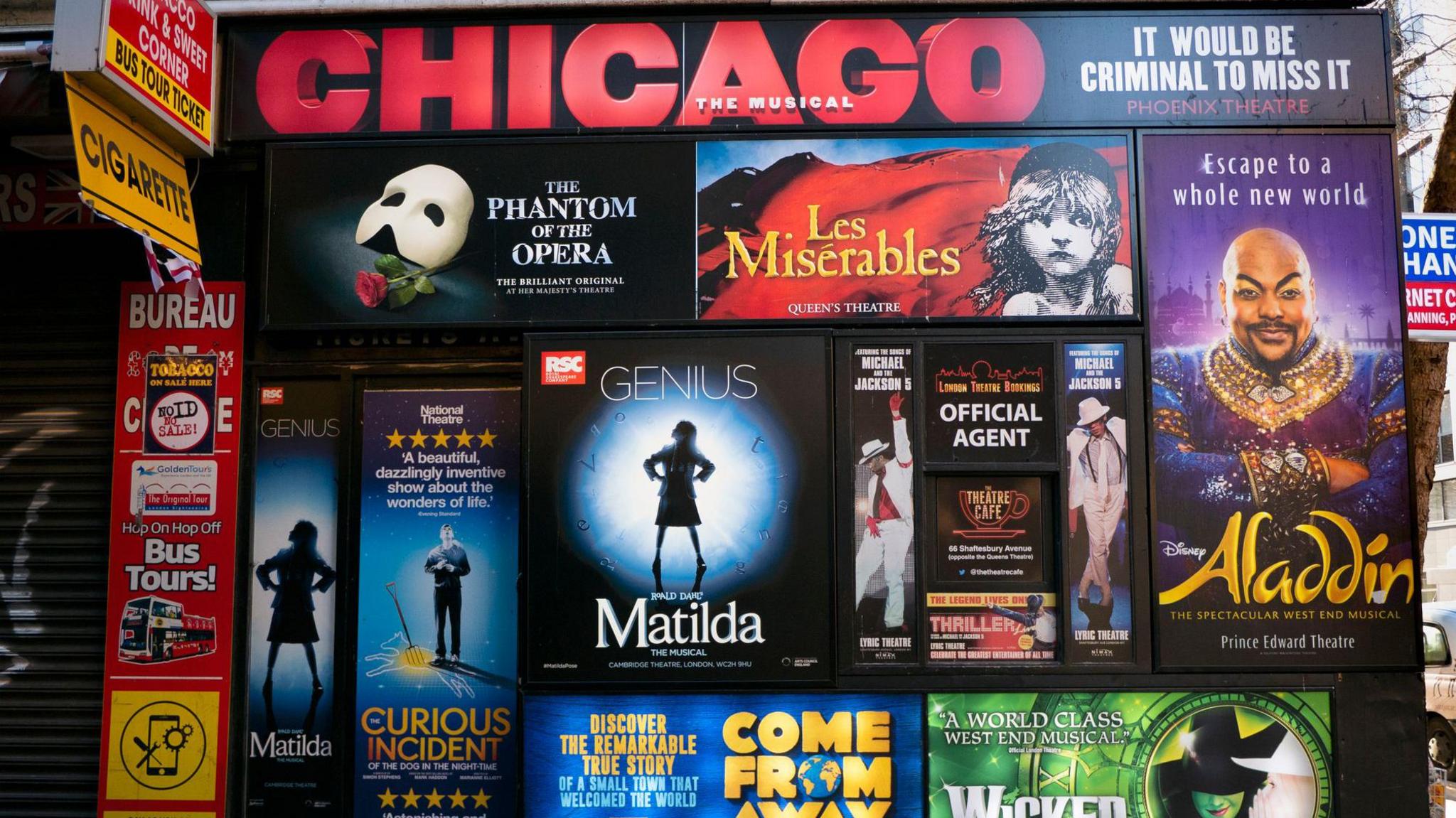Royal Ballet and Opera moves to demand-led pricing

The RBO's new pricing model aims to significantly increase the venue's revenue
- Published
One of London's most prestigious performing arts venues has introduced demand-led ticket pricing in a bid to "maximise" its revenue.
The Royal Ballet and Opera (RBO) said its new model, which means ticket prices are subject to change based on audience demand, will not alter prices in customers' baskets.
Wagner's Siegfried, which is being shown at the RBO between March and April 2026, saw top-end tickets rise to £425 from £370.
London theatre critic Mickey-Jo Boucher said that dynamic and demand-led pricing models were "nothing new" in the wider theatre world.
The RBO said its new pricing model, which was introduced in September, would enable the venue to "maximise ticket revenue and support a financially sustainable future".
"Widely adopted across theatres and cultural venues, this model allows us to respond to demand in real time while maintaining full control over pricing boundaries, including clear upper and lower limits," a spokesperson said.
All tickets were sold at their original price for a week before any increase.
Lowest priced tiers, alongside Young RBO tickets and access programmes, were excluded from demand-led pricing, the spokesperson added.
The RBO, which receives £22m funding from Arts Council England each year, said it had incorporated guidance from the CMA into its new sales approach.

The RBO said demand-led prices would be introduced a week after tickets went on sale
The move follows concerns raised earlier this year, when the Competition and Markets Authority (CMA) said Ticketmaster "may have misled Oasis fans" with unclear pricing for the band's reunion tour.
Ticket sales in 2024 descended into chaos when fans paid hundreds of pounds more than they expected under a tiered pricing system.
There were concerns that Ticketmaster had used "dynamic pricing", where ticket prices rise and fall according to demand.
Following an investigation the CMA said it had "not found evidence" of such an algorithmic pricing system.

In London's West End, the cheapest theatre tickets rose by almost 25% compared with last year
Mr Boucher said there were pluses and minuses to demand-led pricing.
"An important thing to remember is that dynamic pricing like this can shift in both directions, with prices increasing when tickets start selling out at popular shows but also decreasing where demand is slower," he said.
"There is, of course, a danger that seeing these top prices will put some audience members off, but closer scrutiny almost always shows that these are indicative of the upper most pricing tiers at almost sold out shows, at the last minute."
He added that for organised theatregoers, there was a "wealth of great stuff to see at affordable prices".
Earlier this year, The Stage's 2025 ticketing survey, external reported that the cheapest West End tickets had risen by almost 25% in one year, with the gap between the cheapest and most expensive tickets narrowing.
It said 32 commercial theatres had shows priced at £100 or more, compared with 29 the year before, and 10 had tickets on sale for more than £200.
Listen to the best of BBC Radio London on Sounds and follow BBC London on Facebook, external, X, external and Instagram, external. Send your story ideas to hello.bbclondon@bbc.co.uk, external
Related topics
- Published25 September